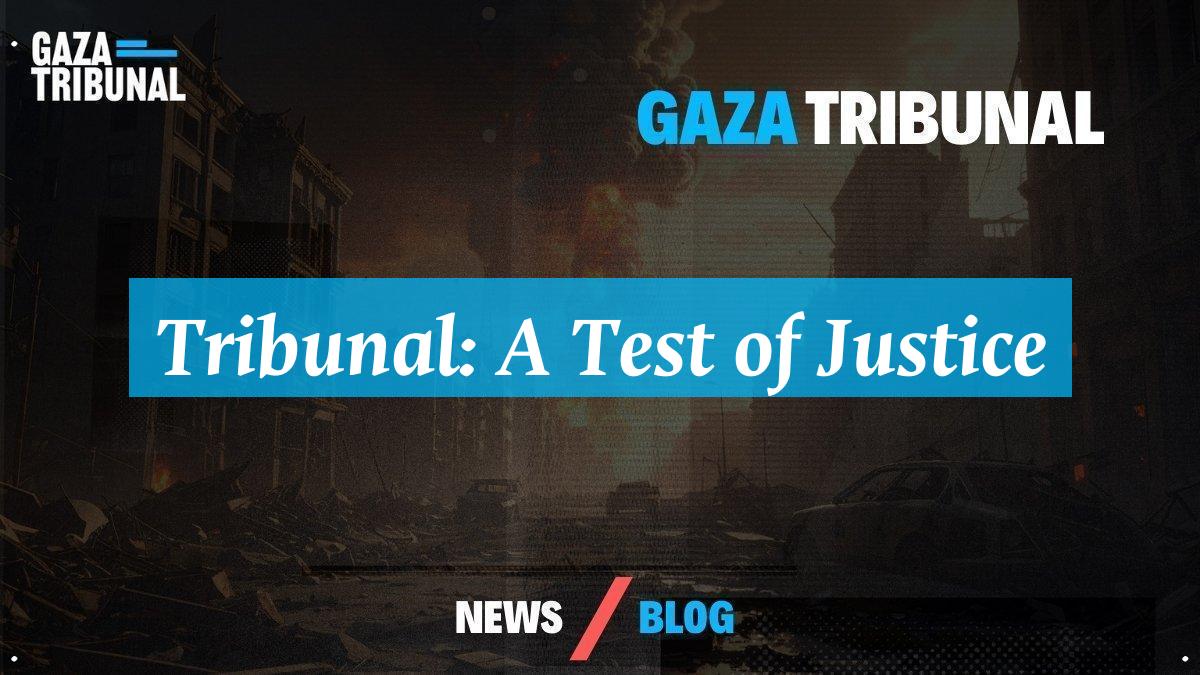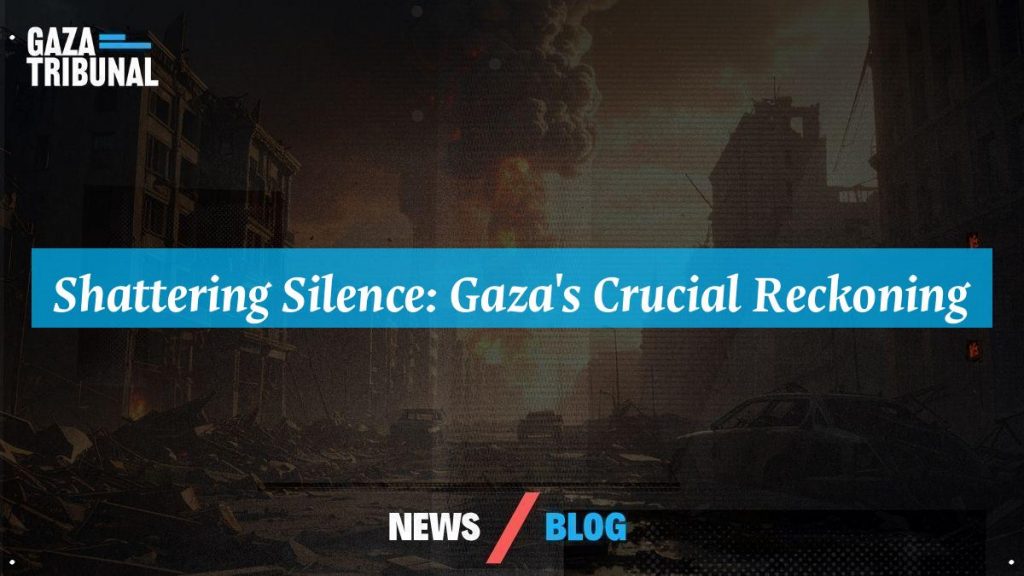The ongoing conflict in Gaza serves as a profound testament to the fragility of our international legal frameworks. As the rubble continues to accumulate and lives are irrevocably shattered, one must ask: where is the accountability? The Gaza Justice Initiative not only highlights the political ramifications but also compels us to question our collective humanity. Dr. Wisam Atallah emphasizes the catastrophic consequences of inaction, suggesting that this situation is more than just a regional crisis—it reflects a global failure to uphold human rights and justice. The silence surrounding these atrocities, rather alarmingly, only serves to embolden those in power. So, what does it reveal about our values when the world stands by silently? Above all, it is a moment of reckoning that cannot be ignored.
With unmistakable clarity, the implications of Gaza’s plight extend far beyond its borders, touching the hearts of people everywhere. The Gaza Justice Initiative illustrates an urgent moral imperative: without accountability, we risk normalizing suffering on a global scale. Dr. Atallah’s insights shed light on a looming catastrophe: should Gaza’s suffering go unpunished, what message does it send to future aggressors? Indeed, if the principle of accountability fails here, it may falter everywhere. The cries for justice echo with urgency, reminding us that witnessing these injustices without action only perpetuates a cycle of violence and impunity. Amidst the desolation, one must ponder how we can collectively rise to confront these dire human rights violations. This is not just a crisis for Gaza; it is a reflection of our humanity at large.
The Fragile State of International Accountability
The ongoing situation in Gaza starkly highlights the weaknesses in our global accountability systems. Many people wonder: how can we allow such suffering to continue? The world seems to watch in silence, while lives shatter beneath the weight of conflict. Dr. Wisam Atallah argues that this isn’t just a regional issue. It exposes a deeper malaise within our international frameworks. The absence of action sends a chilling message about our commitment to human rights and justice.
As the rubble piles up, one must reflect on the consequences of inaction. This crisis reveals a troubling truth about our collective humanity. If we fail to act now, what will future generations learn from our silence? Dr. Atallah emphasizes that witnessing these atrocities without intervention only perpetuates a cycle of violence. The moral imperative to seek justice in Gaza isn’t just about one region. It symbolizes our global commitment to uphold human dignity everywhere. Every voice matters in this fight! 
The Collapse of the UN and the Power of the Veto
Dr. Wisam Atallah paints a grim picture of the UN’s current state. He points out that the Security Council, meant to maintain peace, often feels powerless. How can an organization designed to enforce global order fail so dramatically? The US’s veto power undermines the very purpose of the UN. Billions of dollars flow into this institution, yet one nation can neutralize all efforts. His assertion echoes a painful history, reminding us of the League of Nations’ demise.
Beyond serious dispute, the UN’s inability to implement a ceasefire showcases a severe dysfunction. Dr. Atallah’s words resonate with those who feel frustrated by this inaction. The implications of this power struggle extend beyond borders. It leads to a chilling reality where the most vulnerable suffer the most. To many, it feels like a betrayal of the principles we hold dear. Strikingly, and with grave significance, we must ask ourselves: how do we reclaim the UN’s credibility? Change is necessary!
Systematic Targeting: No Collateral Damage
Dr. Atallah’s insights into the violence in Gaza are harrowing. He asserts, “There are no collateral damages. There are no casualties by mistake.” This blunt truth reveals a disturbing trend: the deliberate targeting of innocent lives. Each story of loss, like that of Dr. Adnan al-Bursh, illustrates the horrifying reality faced daily. The occupying powers justify their actions, framing them as necessary. It’s painful to comprehend how deeply entrenched this mindset has become.
Another strand of reality to be reckoned with, Dr. Atallah highlights chilling examples of these systematic attacks. The bombing of an ambulance responding to a young girl’s injury is particularly jarring. He states, “There are no taboos, no laws left standing.” This raises unsettling questions about our moral compass. Why does the world remain silent? Inaction feels like complicity. We must confront these truths and demand accountability. Only through awareness can we hope to break this cycle of violence.
Killing Journalists and Silencing Gaza’s Voice
Since the conflict escalated, Israel has tragically killed at least 227 journalists. “Why?” Dr. Atallah asks, incredulous. “Because they documented evidence with sound and image.” The story of journalist Hassan Aslih, executed while on a hospital bed, highlights this grim reality. Journalists like Dr. Hossam Shabat face dire consequences for simply telling the truth. Their bravery in the face of danger deserves recognition.
Dr. Atallah views this as a calculated effort to erase dissent. By restricting foreign media, Israel controls the narrative surrounding Gaza. Only local reporters, who themselves face threats, can convey the harsh realities. “Their only crime,” he emphasizes, “is conveying the killing of children and women to the world.” This systematic silencing poses a direct threat to freedom of expression. We must stand in solidarity with those who risk everything to tell the truth.
The Numbers That Defy Humanity
By mid-2025, the staggering loss of life in Gaza will reach over 55,000 Palestinians, including 17,000 children. “These are numbers the human mind cannot comprehend,” Dr. Atallah asserts. The sheer scale of this tragedy shocks the conscience. More than 100,000 people live with wounds, while countless others remain trapped beneath rubble. Even the most basic principles of international law have crumbled in the face of this crisis. How can we turn a blind eye to such suffering?
Dr. Atallah’s words resonate deeply, echoing in the hearts of those who care. Bodies lie unclaimed, stripped of their identities and dignity. This tragedy challenges our very essence as human beings. The numbers tell a harrowing story of loss and despair. Yet, amid the devastation, a flicker of hope remains. We must unite to demand justice and accountability for those affected. Thank you for engaging with these crucial issues. Together, we can make a difference! Source Home
Gaza News


